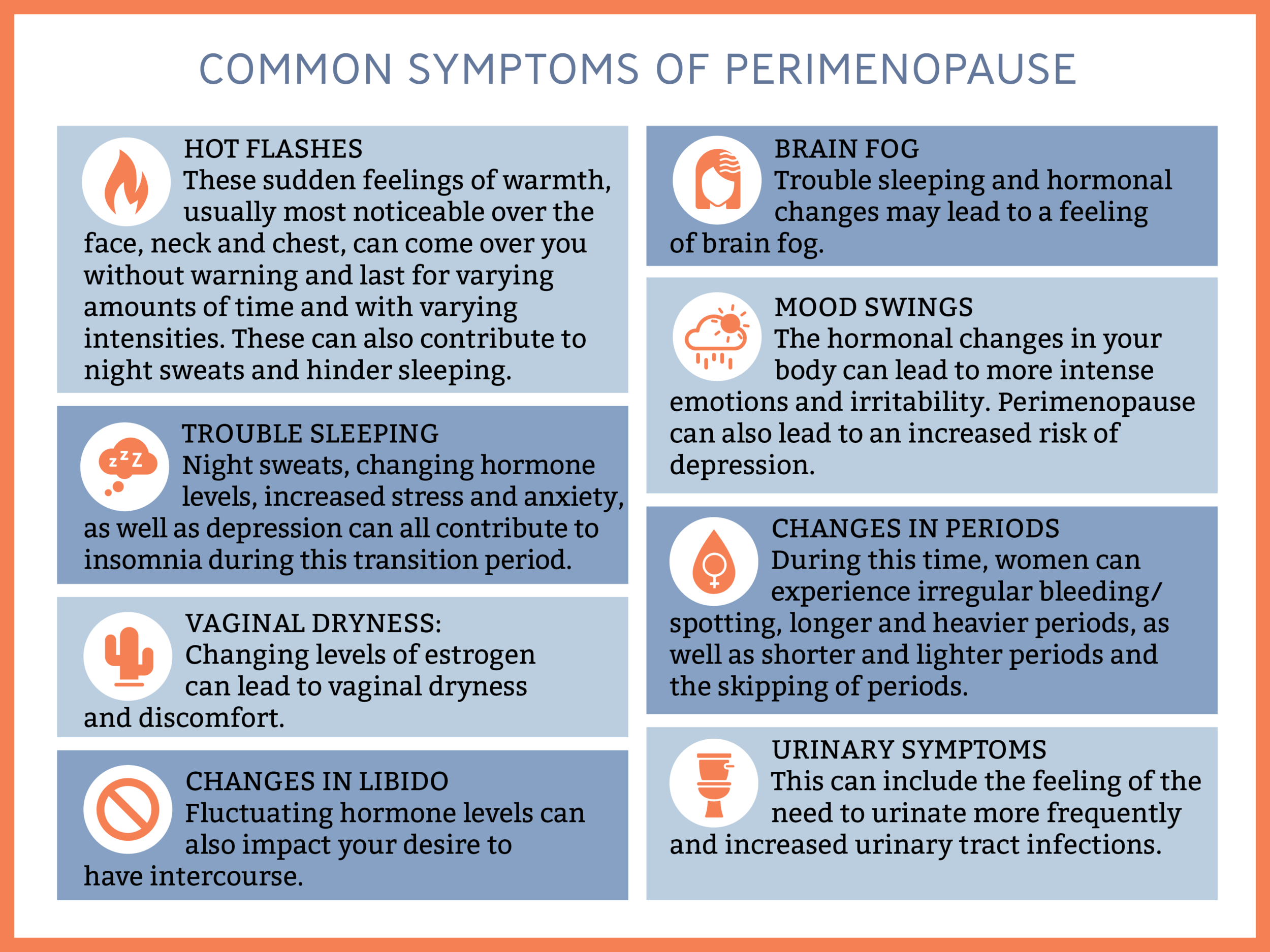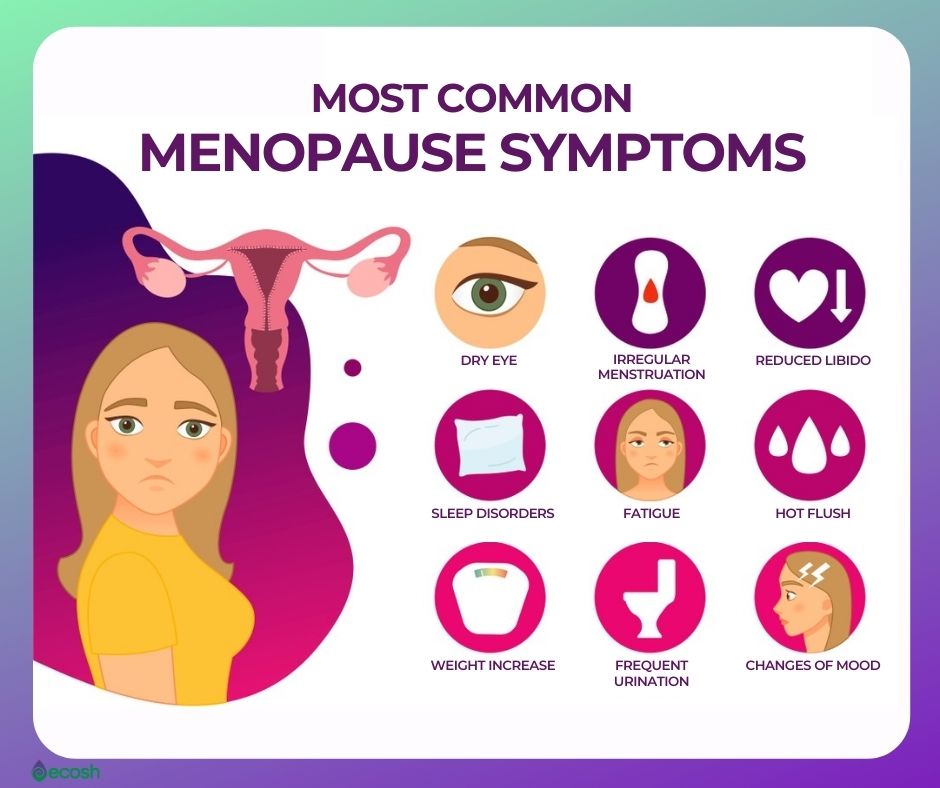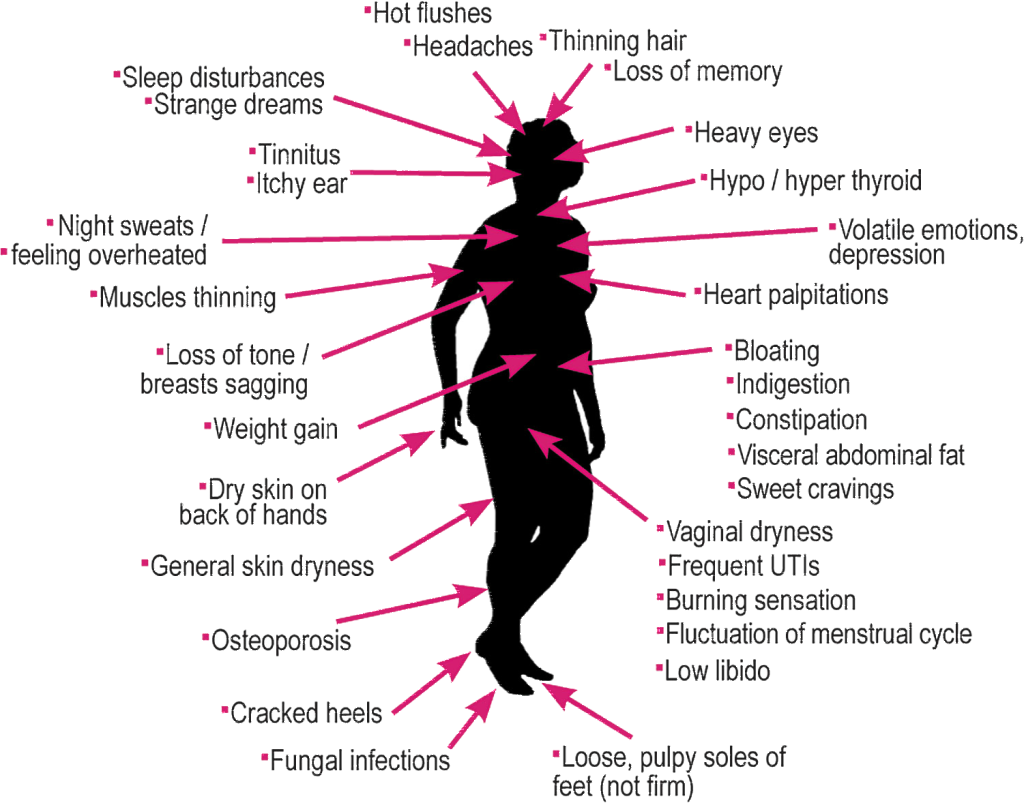Severe menopause symptoms can significantly impact a woman’s life, affecting her physical, emotional, and cognitive well-being. Understanding the causes, types, and impact of these symptoms is crucial for effective management and support.
From hormonal imbalances to lifestyle factors, various elements contribute to the severity of menopause symptoms. This article delves into the complexities of severe menopause, exploring its causes, consequences, and potential remedies.
Introduction

Menopause is a natural transition in a woman’s life, marked by the cessation of menstruation. It typically occurs between the ages of 45 and 55, although it can vary significantly from woman to woman.
While most women experience mild to moderate symptoms during menopause, a small percentage (5-10%) experience severe symptoms that can significantly impact their quality of life.
Prevalence and Impact
Severe menopause symptoms are more common in women who:
- Are obese or overweight
- Have a family history of severe menopause symptoms
- Smoke
- Have certain medical conditions, such as thyroid disease or diabetes
The impact of severe menopause symptoms can be profound, affecting a woman’s physical, emotional, and social well-being.
Physical symptoms can include:
- Hot flashes and night sweats
- Sleep disturbances
- Vaginal dryness
- Weight gain
- Osteoporosis
Emotional symptoms can include:
- Mood swings
- Irritability
- Anxiety
- Depression
Social symptoms can include:
- Withdrawal from social activities
- Difficulty concentrating at work or school
- Relationship problems
Types of Severe Menopause Symptoms

Menopause, the natural cessation of menstruation, can bring about a range of symptoms that vary in severity. Some women experience mild symptoms, while others face severe disruptions that significantly impact their daily lives. This section explores the types of severe menopause symptoms, categorizing them into physical, emotional, and cognitive manifestations.
Physical Symptoms
- Hot flashes and night sweats: Intense, sudden sensations of heat that spread over the body, accompanied by sweating and flushing.
- Sleep disturbances: Difficulty falling or staying asleep, leading to fatigue and irritability.
- Cardiovascular issues: Increased heart rate, palpitations, and chest discomfort.
- Urogenital changes: Vaginal dryness, urinary incontinence, and recurring urinary tract infections.
li>Skin and hair changes: Dry skin, thinning hair, and loss of elasticity.
Emotional Symptoms
- Mood swings: Rapid and intense changes in emotions, including irritability, anxiety, and depression.
- Emotional lability: Heightened emotional sensitivity and tearfulness.
- Loss of libido: Decreased sexual desire and arousal.
- Difficulty concentrating: Impaired ability to focus and remember information.
Cognitive Symptoms
- Memory problems: Difficulty recalling information, especially short-term memory.
- Executive function deficits: Impaired planning, decision-making, and problem-solving abilities.
- Language difficulties: Struggles with finding words and expressing thoughts.
- Attention problems: Difficulty sustaining attention and staying focused.
Causes of Severe Menopause Symptoms
Menopause, the natural cessation of menstruation, is characterized by hormonal changes that can lead to a range of symptoms. The severity of these symptoms can vary significantly among individuals, with some women experiencing mild discomfort while others may have debilitating symptoms.
Hormonal Changes
During menopause, the ovaries gradually reduce the production of the hormones estrogen and progesterone. These hormones play crucial roles in regulating the menstrual cycle and maintaining reproductive health. The decline in estrogen levels is particularly significant, as it affects various physiological processes throughout the body.
Role of Genetics and Lifestyle Factors
Genetic factors can influence the severity of menopause symptoms. Women with a family history of severe menopause symptoms are more likely to experience similar symptoms themselves. Additionally, lifestyle factors such as smoking, alcohol consumption, and obesity can worsen the intensity of symptoms.
Impact of Severe Menopause Symptoms
Severe menopause symptoms can significantly impact a woman’s daily life. These symptoms can cause physical discomfort, emotional distress, and social and economic challenges.
Physical Impact:Severe menopause symptoms can interfere with daily activities and routines. Hot flashes, night sweats, and sleep disturbances can lead to fatigue, irritability, and difficulty concentrating. Painful joints and muscles can make it challenging to perform physical tasks or exercise.
Emotional Impact, Severe menopause symptoms
Severe menopause symptoms can also have a profound emotional impact. Mood swings, anxiety, and depression are common. Women may experience a loss of self-esteem and confidence as their physical appearance and abilities change. They may also feel isolated and alone as they struggle to cope with their symptoms.
Social Impact
Menopause can also affect a woman’s social life. Hot flashes and other symptoms can make it difficult to participate in social activities or maintain close relationships. Women may withdraw from social interactions due to embarrassment or discomfort.
Economic Impact
Severe menopause symptoms can also have financial consequences. Women may need to take time off work or reduce their hours due to their symptoms. This can lead to lost income and career setbacks. Additionally, the cost of medical treatments and medications can be a financial burden.
Management of Severe Menopause Symptoms
Management of severe menopause symptoms involves a variety of treatment options tailored to the individual’s needs and preferences. These options include:
- Hormone therapy
- Non-hormonal medications
- Lifestyle modifications
- Alternative therapies
The effectiveness and side effects of these treatments vary depending on the individual and the severity of their symptoms. The following table provides a comparison of some common treatments:
| Treatment | Effectiveness | Side Effects |
|---|---|---|
| Hormone therapy | Highly effective for reducing hot flashes, night sweats, and other vasomotor symptoms | May increase risk of blood clots, heart disease, and breast cancer |
| Non-hormonal medications | May be effective for reducing hot flashes and other vasomotor symptoms | May have fewer side effects than hormone therapy |
| Lifestyle modifications | Can help reduce hot flashes, improve sleep, and boost mood | May not be as effective as hormone therapy or non-hormonal medications |
| Alternative therapies | May provide some relief from hot flashes and other symptoms | Evidence for effectiveness is limited |
It is important to discuss the benefits and risks of each treatment option with a healthcare professional to determine the best course of action.
Lifestyle Modifications for Managing Symptoms

Maintaining a healthy lifestyle is crucial for managing severe menopause symptoms. By making positive lifestyle choices, women can alleviate symptoms and improve their overall well-being during this transition.
Recommended lifestyle modifications include:
Exercise
- Regular exercise helps reduce hot flashes, improve mood, and increase energy levels.
- Aim for at least 30 minutes of moderate-intensity exercise most days of the week.
Diet
- A healthy diet rich in fruits, vegetables, and whole grains can help maintain a healthy weight and reduce inflammation.
- Limit processed foods, sugary drinks, and saturated fats.
Sleep
- Getting enough sleep is essential for overall health and can help reduce hot flashes and mood swings.
- Establish a regular sleep schedule and create a relaxing bedtime routine.
Stress Management
- Stress can worsen menopause symptoms.
- Engage in stress-reducing activities such as yoga, meditation, or spending time in nature.
Smoking and Alcohol
- Smoking and excessive alcohol consumption can worsen hot flashes and other symptoms.
- Quit smoking and limit alcohol intake.
Support and Resources for Women with Severe Menopause Symptoms
Navigating severe menopause symptoms can be isolating and overwhelming. Access to support and resources is crucial for women to cope effectively and improve their quality of life during this transition.
Numerous organizations and online platforms offer support and information to women experiencing severe menopause symptoms. These resources provide a sense of community, practical advice, and emotional support.
Organizations
- The North American Menopause Society (NAMS): NAMS is a professional organization dedicated to promoting the health and well-being of women during menopause. They offer educational materials, support groups, and access to healthcare professionals.
- The International Menopause Society (IMS): IMS is a global organization that provides information and support to women experiencing menopause. They host conferences, publish research, and advocate for women’s health.
- The Menopause Foundation: The Menopause Foundation is a UK-based charity that provides information, support, and resources to women going through menopause. They offer a helpline, online forums, and educational materials.
Online Resources
- Menopause.org: Menopause.org is a comprehensive website that provides information, support, and resources on all aspects of menopause. They offer articles, videos, and a discussion forum where women can connect with others.
- Hot Flashes and Night Sweats: This website is dedicated to providing information and support to women experiencing hot flashes and night sweats. They offer tips for managing symptoms, a discussion forum, and access to healthcare professionals.
- Menopause Matters: Menopause Matters is an online community where women can share experiences, ask questions, and offer support to each other. They also provide information on menopause symptoms and treatments.
FAQ Overview
What are the most common severe menopause symptoms?
Common severe menopause symptoms include hot flashes, night sweats, sleep disturbances, mood swings, anxiety, vaginal dryness, and urinary incontinence.
What causes severe menopause symptoms?
Severe menopause symptoms are primarily caused by the decline in estrogen and progesterone levels during menopause. Other factors, such as genetics, lifestyle choices, and underlying health conditions, can also influence symptom severity.
How can I manage severe menopause symptoms?
Managing severe menopause symptoms involves a combination of medical treatments, such as hormone therapy or antidepressants, and lifestyle modifications, including exercise, stress reduction, and dietary changes. Support groups and counseling can also provide emotional support and guidance.